Everything we’ve been taught about peer review is wrong

Flashback to high school. Your teacher asks the class if they have copies of their first drafts. Only 75% of your classmates actually brought them. Now, the teacher hands you some guidelines to follow. You look around to the smart girl on the other side of the classroom. Before you move a muscle, she is swarmed by a hungry pack of underachievers. Too late. Guess you’ll have to settle with the guy who sits across from you, who only shows up to class stoned.
You hand him your paper while he frantically excavates his backpack. “Ah ha! There it is!” he exclaims as he pulls a crumpled piece of loose-leaf paper waves it in the air triumphantly. In your mind, you just hope he says more than “nice paper” in his feedback.
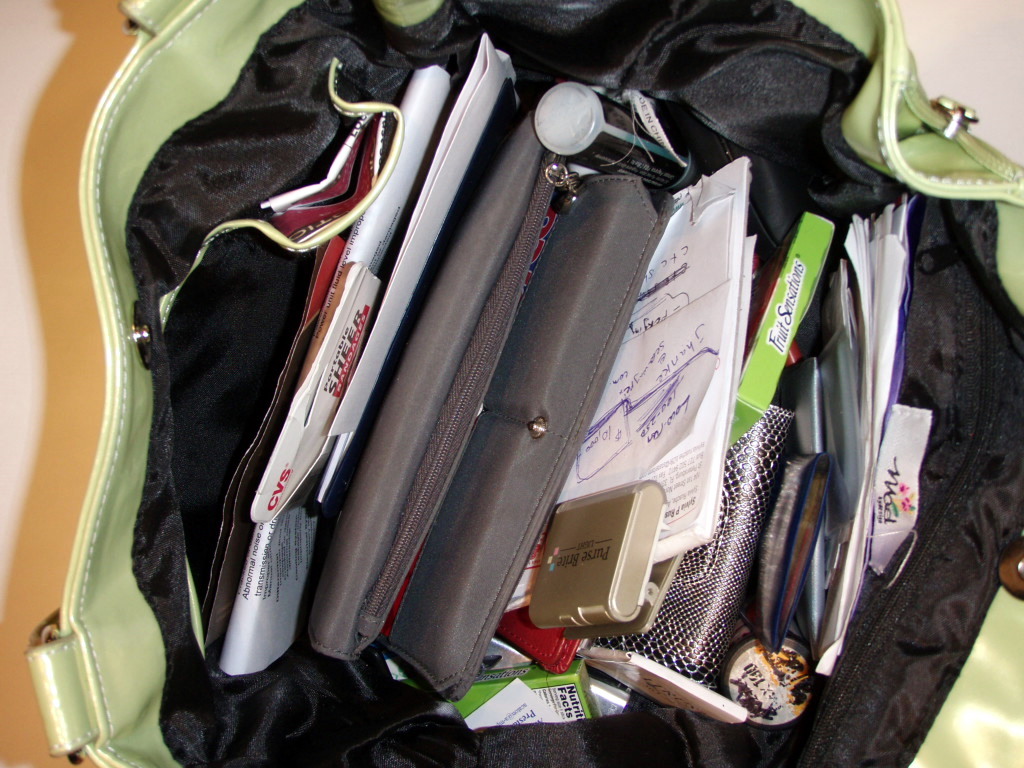
Besides for the overuse of positive, meaningless comments in peer review, our high school and middle school teachers encourage us to focus on the technicalities of writing. Grammar and spelling. But what if you don’t know all the grammar rules in English like a normal high school student? Well I guess you’re gonna have to double check everything your partner says in case their grammar is wrong.
Naturally, the first item on the rubric list is Grammar. You look down at the messy, wrinkled piece of loose-leaf paper. One massive block of writing lines the whole page. There is just one paragraph. As you begin to read the first sentence, you are instantly filled with dread.
Our grammar-trained minds immediately focus on the grammar and spelling. You begin to paint the paper with red and blue symbols. Did he write this in the passing time before class? You gulp in desperation as you slowly unpack the prescriptive knowledge about writing that your teachers have relentlessly pounded into your skull.
We all have memories like this in any writing class. Often times, we are expected to be professional editors, finding something wrong with each and every word. The problem with this lies in the inherent premise of the prompt. If we already know how to edit other’s writing regarding grammar, why do we need peer review in the first place?

If you want to receive useful feedback on your writing outside of the “great” and “wow!” comments and colorful spray of symbols denoting your grammar inefficiencies, then you need to offer something better in return. Think about it. What’s the single most important thing in your writing?
It’s not a trick question. It’s the content. Did your message get across to your audience in the way you wanted to? This is what we should aim for in peer review. Tell the author how well you understood what they were writing about. Tell them which parts are crystal-clear. Highlight where you got lost, had to re-read, or there were sudden shifts in their transition from one idea to the next.
Grammar is something anyone can fix with a computer. In this day and age of technology and spell-check, grammar is up to the responsibility of the writer. What you need to nail down in the beginning stages is the content of your writing piece.

So you have some comments about your content, what worked, what didn’t work, and
where your strengths are. You aren’t done yet. Talk to that person. Ask them questions for further clarity. Most importantly, you need to reflect and synthesize your feedback. Some teachers make this more apparent than others, but you need to come up with a plan for your next draft.
I recently did this exercise in my own class. Here is my synthesis of comments from two reviewers:
Strengths:
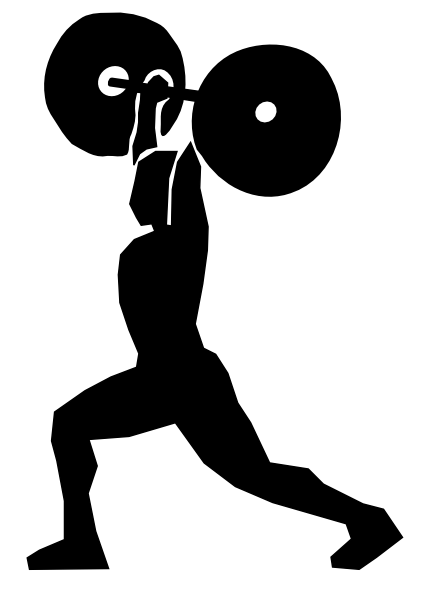
- The merging of fact with creative personal experiences helped drive in the ability of music to break physical and imagined boundaries.
Well, this tells me that my writing was somewhat effective in following the criteria. This comment would fit well if my paper was up for review on Rotten Tomatoes, but is not particularly helpful outside of clarity.
2. Creative narrative in the first-half.
Seems like I have a good start to my paper, so I shouldn’t change it too much.
3. Explanation of certain theoretical frameworks co-educate the readers understanding of your story. Add more of this.
Seems like I’m fine here, just need to add more in a creative way.
Audience gains:
- East vs. West gaze
- Cross-cultural music making
- Transnational identity politics
- Post-colonialism and music
 Sounds like a check. One of my reviewers also mentioned in person that I should use more creative writing in these areas to help explain concepts better. Easier for the audience to comprehend if I break it down.
Sounds like a check. One of my reviewers also mentioned in person that I should use more creative writing in these areas to help explain concepts better. Easier for the audience to comprehend if I break it down.
Position: What position am I taking in my writing?
- Highlighting the problematic “East vs. West” gaze as outdated in contemporary music studies.
- Transnational identity formation through cross-cultural music creation and entertainment.
- “The amazing reach of different music styles has produced a plethora of hybrids and cross-culture forms of music.
Perfect. I want to make these concepts easier for a general audience, so I may have to bring some creativity to these areas.
Well-received passages: Which of my sentences got compliments?
- Opening statement about nuns and heavy metal (page 1, para. 1)
- Contrast of music and landscapes (page 2, para. 2)
- Mt. Doom reference
- Rainbow metaphor (page 3, para. 2)
 These I will definitely keep and I’ll want to make other memorable sentences throughout my paper. Sensory references, especially to pop-culture would probably be a good place to start for spiking in some more creativity.
These I will definitely keep and I’ll want to make other memorable sentences throughout my paper. Sensory references, especially to pop-culture would probably be a good place to start for spiking in some more creativity.
The best part about synthesizing your feedback from peer review workshops is the amount of time it saves in the long-run. I know I won’t need to sift through the foreign handwriting and obscure comments to figure out what worked and what didn’t. It’s all right here, in this nice and clean document.
Additionally, the action of doing this work beforehand allows it to cook in your mind until you have time to take it out of the oven and eat. I guarantee the next time you go back into your draft, you’ll know exactly what you need to change. The best part is, you probably won’t need this reference sheet since your brain was taking mental notes while you were making it!

Students, do yourself a favor and give feedback on the content of your peer’s first draft, and ask them to do the same. Do this, and no one will ever fall asleep while reading your final project.
One more thing to ask. Send this article to one “grammar-nazi” on your friends list so they correcting all of your posts.
Thanks for reading.








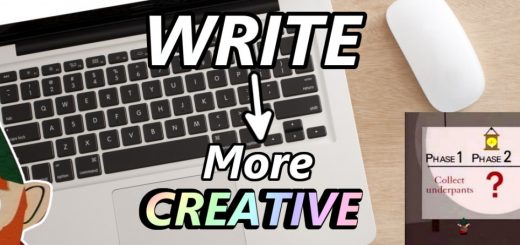

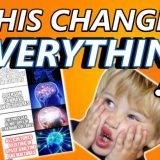
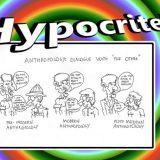



Equipped and useful to have a system to use tubidy mp3 download, you can be sure that it will benefit.
I wholeheartedly express my gratitude for your informative article. I hope it spreads widely so that more people can gain access to this valuable information and immerse themselves in the thrilling games at 77bet.
Playing Worldle Game daily is a great way to stay sharp on your geography knowledge while enjoying a fun and interactive puzzle challenge.
The way you presented complex information so simply is remarkable.
Khám phá thế giới giải trí đỉnh cao tại 98win, nơi hội tụ các trò chơi hấp dẫn cùng tỷ lệ thưởng cực cao. Giao diện thân thiện, nạp rút nhanh chóng và hỗ trợ tận tâm giúp bạn dễ dàng trải
Khám phá 89Bet tại 3589bet com – nền tảng cá cược hợp pháp với Curacao & First Cagayan. Trò chơi đa dạng: thể thao, slot nổ hũ, bắn cá 3D, game bài… tất cả đều có tại đây!
Nail design ideas https://naildesigns4u.com offer endless ways to express your style, from minimalist looks and elegant neutrals to bold patterns, vibrant colors, and seasonal trends that make a statement. Whether you prefer classic French tips, modern abstract art, or eye-catching embellishments, the right nail design can elevate your look and boost your confidence—visit site to explore the latest nail inspiration and find a design that perfectly matches your personality.